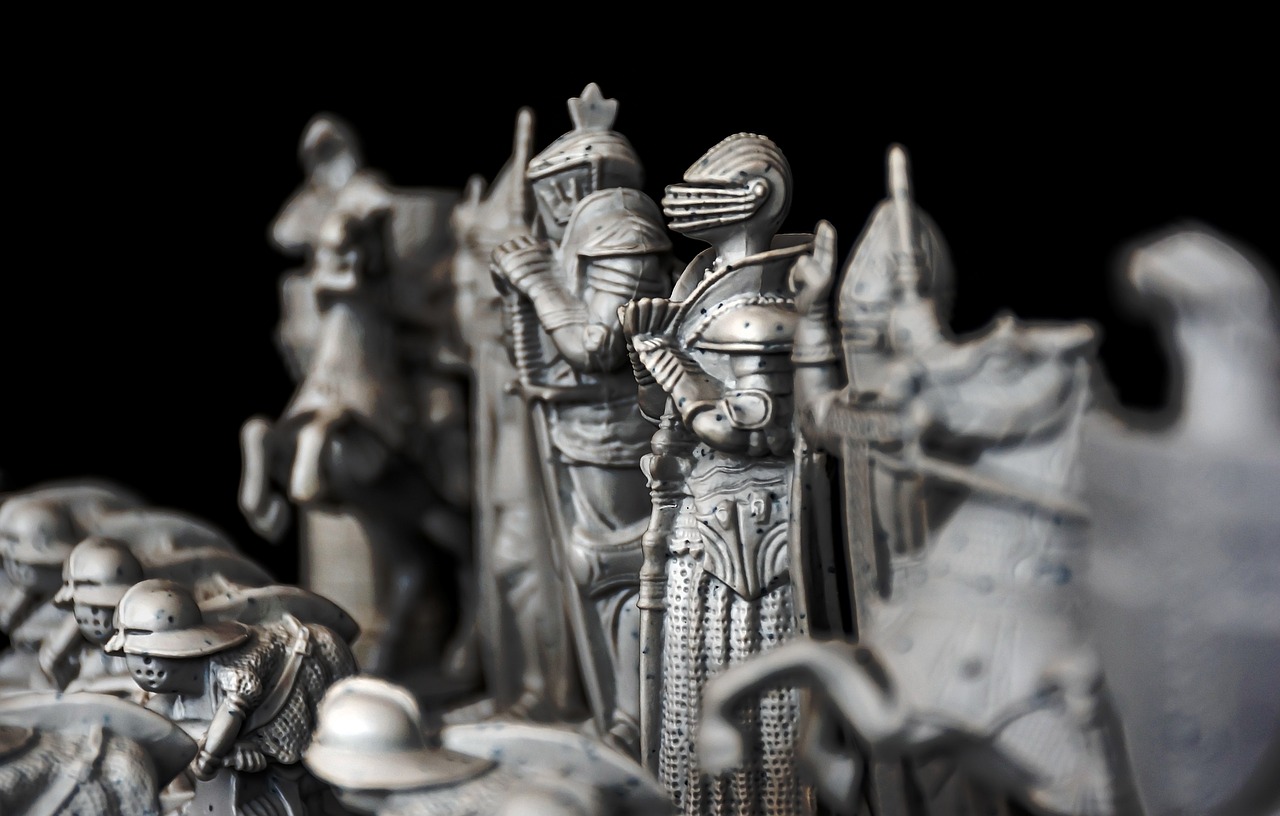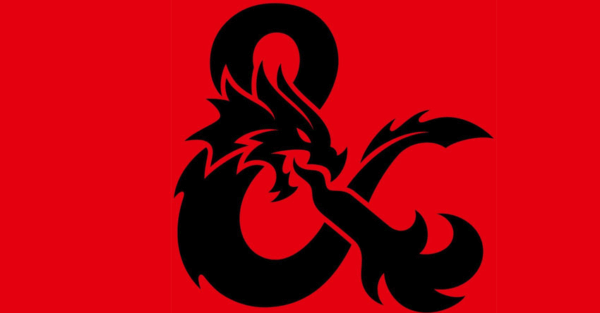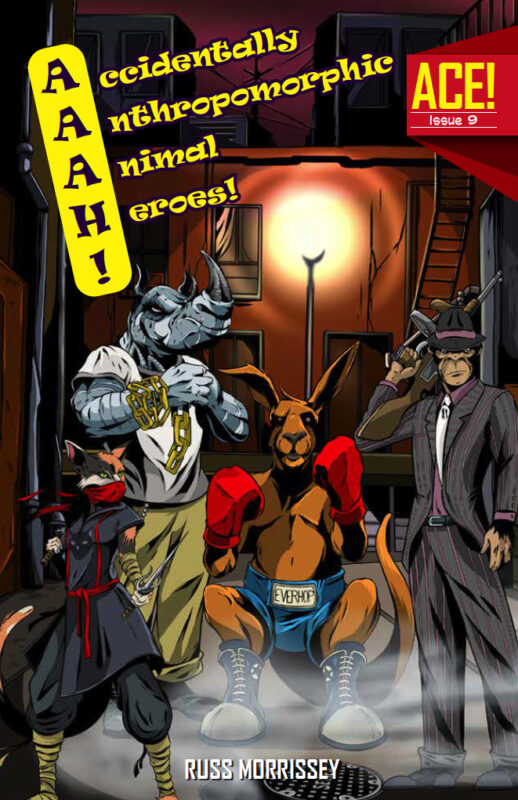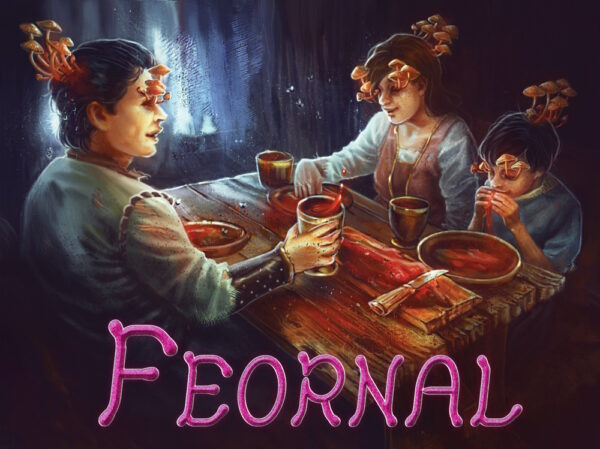

There was a time when finishing the mission was core to RPG play.
A Different Style of Play
If you have not played RPGs for as long as I have, this may be new to you. Goal-oriented play is an approach to gaming that was common in the early days of Dungeons & Dragons. It grew out of the games wargaming roots and is not nearly as popular as it once was. This is my perspective as a game master with decades of experience, as both a historian and wargamer.
Expectations
Goal-oriented gaming is less about the individuals and more about group success. This squad-type play requires experts in their field (fighters tank, casters blast, clerics heal, etc.) but is not about putting the spotlight on any one character. These expectations are reinforced by the stakes of the game: when lives are at stake, characters take things seriously enough to focus more on the mission and less on their individual needs.
Despite this focus, “cool” things can still happen in interesting situations through emergent play. I don’t have to manufacture it as GM nor try to find it as a player, it will happen, or at least the opportunity will happen.
Delayed Gratification
Most of the time parties have objectives, even if it’s as simple as “find loot.” Instant gratification is not part of the equation nor part of the plan. The party’s overall goal is that everyone stays alive and completes its objective or mission.
When the stakes are high, there’s a chance characters die if they make poor choices. As a GM or party leader, I try to talk players out of doing suicidal things, but I don’t try to tell everyone what to do. It’s a cooperative game. I try to get players to reach a consensus as to what should be done as a team.
Playing Smart
This style of play requires tactical thinking and (when possible) advanced planning. The second century A.D. author Polyaenus said:
bravery conquers by means of the sword but superior generalship prevails by skill and stratagem, and the highest level of generalship is displayed in those victories that are obtained with the least danger.
I agree that stratagems are critical to team success. It’s not uncommon for players to want their characters to rush in, bash the monsters, and take the treasure, and that’s all they’re really interested in. It’s okay to have those people in the team – preferably as fighter or stealth types – but somebody’s got to think beyond that.
As a party leader I ask for party input, because several minds are better than one. In my experience, the best adventure is one where the bad guys never know you were there and you achieve your objective, though that can be hard to pull off (and the GM has to be willing to work with you to achieve this).
Gathering Intel
Pulling off stratagems makes gathering information very important. In play, I encourage the party to gather information in whatever ways are possible, magical and otherwise, including taking prisoners and magically interrogating them. If this requires splitting the party to grab a prisoner, so be it.
Collecting information to avoid just barging into the room depends on having a GM who permits info gathering (some do not). If they do, it can be a simple but effective means of dealing with threats, including enemies that might be much more powerful than the party. This includes bailing out, a perfectly valid tactic when intel determines that the monster is too powerful for the party.
A Soldier’s Point of View
Goal-oriented, tactical approaches to gaming aren’t for everybody. Some players want to role-play their character’s flaws, which is part of the fun. But that requires buy-in from both the players and the game master.
But many high fantasy adventures have world-shattering implications if the party fails. When the stakes are high, fighting is a last resort, because people get killed, and one of those might be you or your friends. That means fair fights are for suckers, and a party does its best to stack the odds in its favor before the showdown with the Big Bad.
Your Turn: What’s your playing philosophy?








